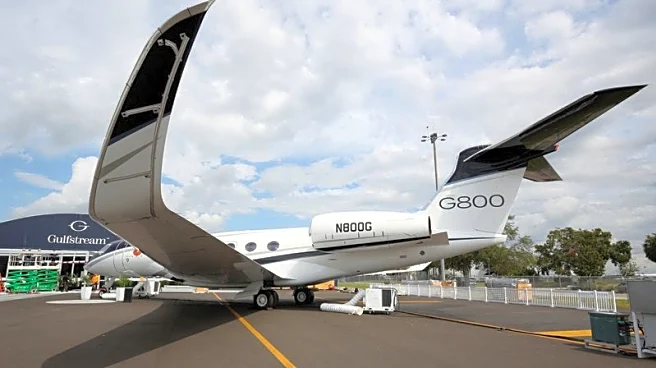What's Happening?
Africa is home to diverse ecosystems such as forests, wetlands, mangroves, coral reefs, and grasslands, which are crucial for maintaining ecological balance. These areas support biodiversity and act as sanctuaries
for various species. The destruction of these ecosystems leads to species extinction, land degradation, and disrupted ecological processes. Protecting these regions is essential for combating climate change and ensuring environmental stability. Ecologically rich areas serve as large carbon sinks, removing millions of tons of CO2 from the atmosphere. When these areas are cleared or burned, the gases are released back into the atmosphere, accelerating global warming.
Why It's Important?
The protection of ecologically rich areas is vital for long-term economic sustainability, societal resilience, and environmental stability. These regions provide refuge, food, and breeding grounds for numerous species, maintaining natural balance. Their destruction results in species extinction, soil degradation, and the loss of natural pollinators critical for food production. Communities that conserve such areas help protect the planet's genetic diversity and lay the groundwork for future scientific discoveries and cures. Beyond economics and science, many societies have strong cultural and spiritual ties to their natural surroundings.










